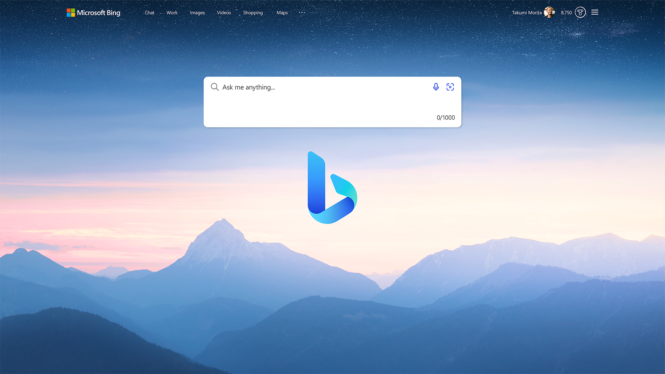Microsoft (MSFT) is making a significant effort to establish itself as a leader in the field of AI among its Big Tech peers. And the company’s $10 billion investment in ChatGPT developer OpenAI could be a key step in achieving this goal.
The move, which Microsoft and OpenAI announced on Monday, will allow Microsoft to utilize GPT-3, the technology that the generative AI chatbot ChatGPT is based on, as well as other platforms across its various cloud-based services. This could present a challenge for competitors such as Amazon (AMZN), Google (GOOG, GOOGL), and Salesforce (CRM).
“It tells you a lot that within a week of announcing substantial layoffs, Microsoft is also announcing a substantial investment in OpenAI,” said Gil Luria, technology strategist at D.A. Davidson. He went on to say that the investment in OpenAI shows that Microsoft sees a lot of future growth potential in the technology that OpenAI is developing and that it can drive meaningful improvements to a broad range of products for the company.
This investment will help Microsoft improve its Azure platform, offer better features for its various productivity and enterprise programs, and could even make its search engine Bing a worthy competitor to market leader Google.
However, GPT-3 is not without its flaws and Microsoft’s rivals are not simply waiting for the company to become an AI powerhouse. They are also making investments in the hopes of cutting off Microsoft’s progress.
OpenAI gained popularity with the release of its DALL-E AI-powered image generating software in 2021. The company introduced a second version the following year. The platform generates images based on prompts specified by the user. For example, typing in “A cat riding a dinosaur digital art,” will create an image of a cat riding a dinosaur in the style of digital art. While the images may not be perfect, they effectively convey the intended message.
ChatGPT, on the other hand, is a generative AI chatbot that can produce human-like answers to prompts. If you ask it a question such as how far away is the moon from Earth, it will provide you with an answer. If you ask it to write a story about a maniac barber that eats human hair, you will receive an incredibly bizarre story about just that.
However, OpenAI’s capabilities go beyond just cats and hair-hungry stylists. Analysts believe it could be beneficial for Microsoft’s cloud, enterprise, and search businesses. Wedbush analyst Dan Ives said in a research note, “OpenAI tools can be integrated into various [Microsoft] platforms including Outlook and Office 365 productivity tools.” He went on to say, “With ChapGPT, Azure cloud infrastructure can provide new services not yet seen within the Azure ecosystem, including digital assistants and AI-based financial services to tap into a new customer base seeking alternative solutions for cloud products.”
These types of investments would help Microsoft take on both Amazon, which currently leads the market in cloud services and owns 34% of the global market according to Synergy Research Group, and Google, which owns 11% of the market. Microsoft currently holds 21% of the market.
Both Amazon and Google offer their own AI capabilities as part of their cloud platforms, but OpenAI’s technologies are more advanced and could attract more customers to Microsoft’s services.
In addition, Ives predicts that Microsoft could also integrate its OpenAI investments into its various gaming initiatives, giving it a competitive advantage over companies such as Sony (SONY) and Nintendo (NTODY).
One of the biggest potential opportunities for Microsoft is using OpenAI’s technology to improve its Bing search engine. With OpenAI’s advanced natural language processing capabilities, Microsoft could potentially enhance Bing’s ability to understand and interpret queries, resulting in more accurate and relevant search results for users. Additionally, incorporating OpenAI’s machine learning and deep learning techniques could also help Bing improve its ability to understand and respond to natural language queries, making the search experience more intuitive and user-friendly. Furthermore, OpenAI’s technology could also be used to enhance Bing’s ability to understand the intent behind a user’s query, allowing it to deliver more personalized results and recommendations. Overall, the integration of OpenAI’s technology into Bing could help Microsoft to significantly improve the search experience for users and gain a competitive advantage in the search market.






